After breaking into the Fortress, Luthor steals the farewell recording from Superman’s Kryptonian parents, which is only part of the message, the rest damaged in the crash to Earth. Claiming to have repaired the message, Luthor reveals to the world that Superman was sent to Earth to conquer, spread his seed and rule. The people respond with fear and hate, turning their back on the hero. Do you think that Luthor told the truth or was the “translation” simply a plan for people to turn their backs on Superman? Did you question if Superman’s morals were compromised or changed by learning his parents’ true point of view.
Michael A. Burstein:: I think it was the truth. Mr. Terrific even confirms that it would not be faked.
Peter Briggs: Yes, it was the truth. We’ve seen various versions of Jor-El in the comic, benevolent and not. I guess we just have to take the “Punk Rock Gunn” approach for this incarnation as gospel.
Thomas Lakeman: If anything, this version of the Els, never seen in print outside of an Elseworlds title, may have cleansed a sin from the Snyderverse, intentionally or not…
The last iteration of Superman, the folks at WB tried to overlay that with a Christian sheen, the whole “sent our son” who goes into a church. It wasn’t well liked back then; even church groups that WB marketing tried to pitch this to with outreach just went, “Bless their hearts,” when they tried that.
Here, we have the Last Son of Krypton being destined for ruling over an oppressed people, who discovers kindness and renounces his destiny. This actually tracks very closely with the Book of Exodus, where Moses gives up being a ruler to lead and protect people, thus returning the idea of “Superman as Moses” that Jules Feiffer promoted years ago to the character. In many ways, this corrected an old sin brilliantly.
Peter Briggs: Hey. Hellboy was sent to Earth to bring about the Apocalypse and says “Screw That!’ Now, that’s real punk rock!
Jon Bogdanove: I think it is tremendously important that Superman chooses his own destiny, rather than receives it from the ghost-dad he never knew. It is essential to the message that Clark is the man/Superman is the mission.
It strengthens the traditional Superman theme of Nurture Over Nature. It makes Superman explicitly human—an Earthling of Kryptonian origin. And it makes his childhood with Ma and Pa the pivotal ingredient to how Superman makes his choices. This is the movie in which Superman chooses his mission—decides for himself. It is literally the point of Superman’s whole character arc in this movie! It makes him an active protagonist, instead of just a pawn of a godlike Jor-El.
Alex Grand: I think that Superman chose his earth parents and their morality, but… with the tension with the government growing, could we get an Injustice arc, with the Justice Lords or corrupt Justice Gang who want to defeat earth governments and become a group of monarchs? It’s possible!
Will McGuire: It’s interesting that this approach is being contrasted with Man of Steel because they’re not that different.
In Man of Steel Jor-El’s plan for Kal-El is that he’ll come to Earth, lead them to a better way of life that avoids the mistakes Krypton made…and then in time you can build a better Krypton on Earth with the codex that I’ve hidden in your DNA and with the massive incubator chamber in the colony ship. Russell Crowe Jor-El saw his son as a means to foster a benevolent colonization where the world would be shared by humans who have been enriched by Krypton’s example, and Kryptonians who have abandoned their more repressive characteristics. We get the sense in Man of Steel that Jor-El had been studying Earth for quite some time, and found in it a potential remedy to his critiques of Krypton.
Bradley Cooper’s Jor-El feels like he’s making a snap judgment on what he’s seen while desperately searching the cosmos for a planet for his son.

It’s not hard to imagine that seen from millions of light years away in the broadest possible strokes we look pretty bad and could use a super evolved King to get us all in line. He’s only got time for one final message to his son as everything he’s ever known dies in a ball of fire. I can see why nuance has evaded him.
The real question about this, or any other portrayal of Krypton isn’t whether or not it’s good in and of itself, but whether it serves the story of Superman being told– whether it makes that main story richer. I thought the Krypton stuff in Man of Steel obfuscated the beautiful simplicity of Superman’s origin. On the other hand, Gunn’s version gives us a powerful dramatic irony that the super evolved scientist birth parents were ultimately not all that insightful for Clark, but the compassion of simple farmers gave him the moral fortitude to be SUPERMAN.
Josh Marowitz: I was open to the idea that Luthor faked or lied about the rest of the message, even when Mr. Terrific immediately proclaims that the message is real based on his knowing a mass of nameless guys?
But Gunn has said that the message was real, so I have to go with that.
Hey, my first choice would have been a Superman movie that, FROM THE VERY BEGINNING, treats the Kents as the most important people in shaping Clark’s morality and shows that Clark KNOWS that. We got there by the end of this movie, but now it’s taken Clark all these years to fully understand that? That makes me deeply sad for both him and his parents.
Robert Greenberger: Once again, I agree with my peers. The message is real and he has every chance to prove them wrong without dishonoring their memory. As stated above, he has been given guidance, but is his own man who can choose his own destiny. Of course, the challenge going forward will be convincing those who remain skeptical of him.
Jerry Ordway: I like to think there’s more to explore about Jor-El’s message, but I accept it is “true.” But what if the only way the Els could launch that rocket was a promise from Jor-El to the Science Council to instruct his child to colonize the destination planet?
If you look at Gunn’s films, like Guardians of the Galaxy or even The Suicide Squad, the actual parents are all terrible people, or seem to be. Peter Quill is raised by Yondu, who is a better parent than his real dad.
The Kents gave Clark his sense of humanity, his empathy, and sense of right and wrong. They punished him when he was wrong, etc. When I was part of the post Man of Steel reboot, I always felt that Clark was the real person, and Superman was the construct to do good.
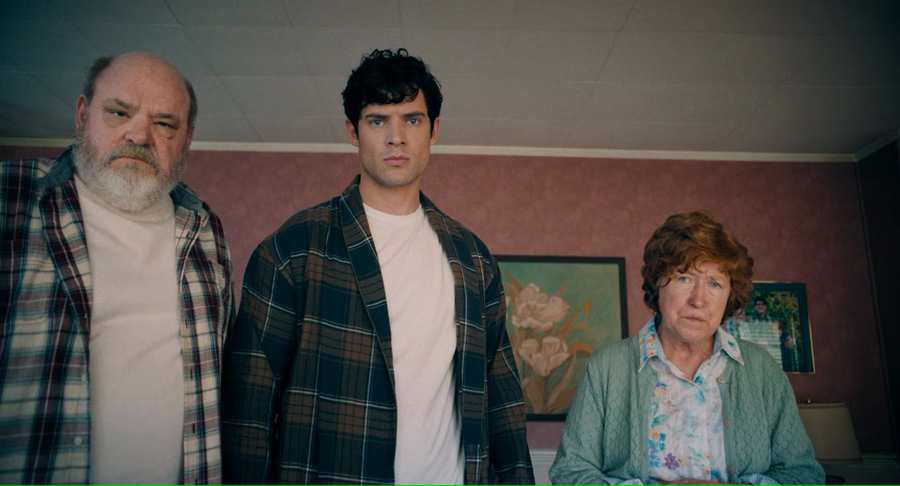
I did not realize anyone thought differently, until Grant Morrison and Mark Waid made a different case. I still believe the lesson in Superman is the nurture over nature argument. Upbringing over some sort of genetic superiority. You are the childhood you lived:)
So, Jor-El and Lara are “just” the people who sent Kal to Earth, and saved him from the destruction of Krypton.
Thomas Lakeman: I think it’s probably true, but I wish it wasn’t. I’m not against exploring Jor-El’s dark side (Look what Alan Moore did with that in “For the Man Who Has Everything”). It’s just kind of a clunky way to reveal that Jor-El’s part of a galactic master race. You mean you didn’t listen to the rest of the message??
More to the point, I think it robs Superman of something essential to his being. The point isn’t that Superman idolizes Jor-El and Lara, it’s that he’s got a serious case of survivor’s guilt. Kal-El is the one person from his own planet who was chosen to live. How is anything he does in life going to be good enough to make up for the death of an entire planet? Turn Jor-El evil and that point gets muddied.
Lenny Schwartz: I loved this change. It made the movie about SOMETHING rather than the norm. Emotionally we got something new and something we haven’t seen before. It got people talking and debating. And I love that, rather than the Fantastic Four movie which was fine but had no real discourse or conversation about anything of substance, good or bad. This put the film above the norm in my opinion.

Dave Jackson: There a number of ways to get out of the message if desired.
It could be the construct of Brainiac, if he’s played as the “AI” of Krypton, as he was in the animated series.
It could be something that Zod engineered, if he’s around.
Or even a cut-up, portion of a longer message that both instructs Kal-El and warns about Zod.
Or a message that was taken from another Jor-El in another universe.
That only applies to, “if you want to get out of it,” which I don’t see the need for.
(Continue Reading)




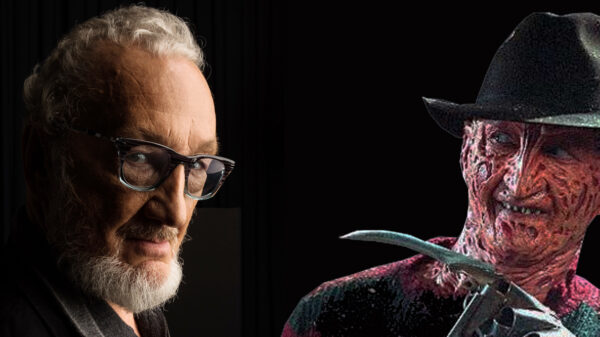



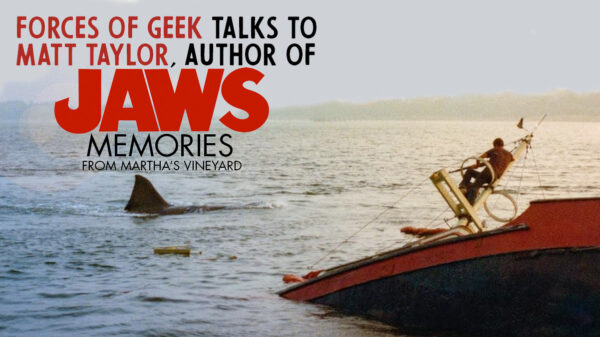
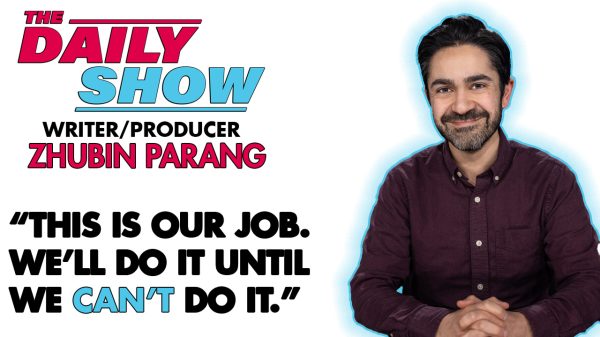
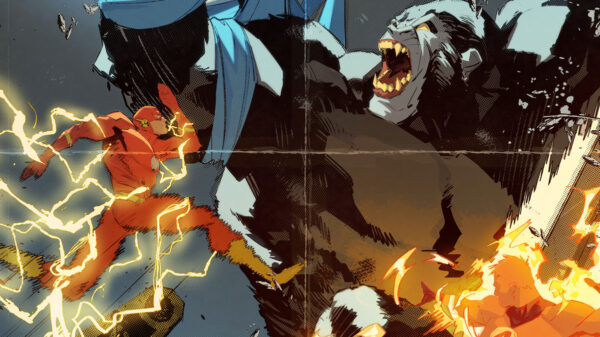
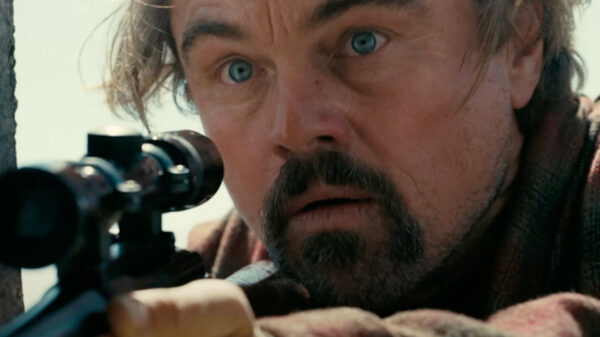
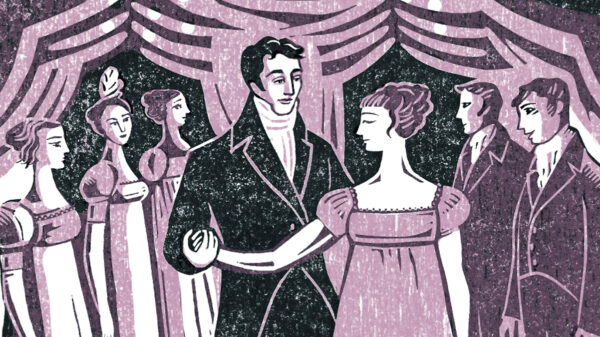
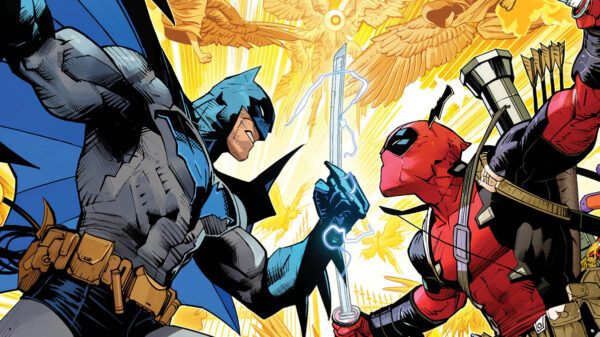
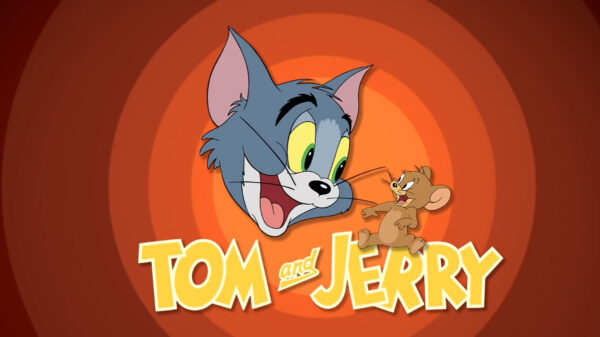



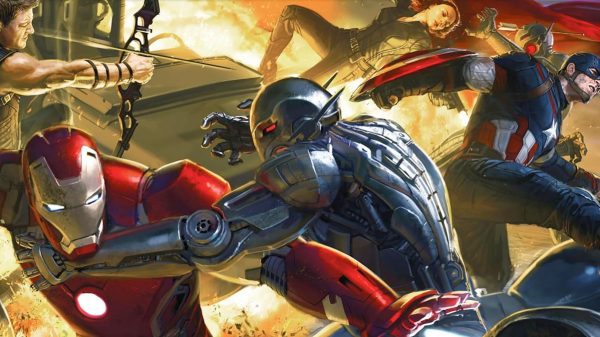

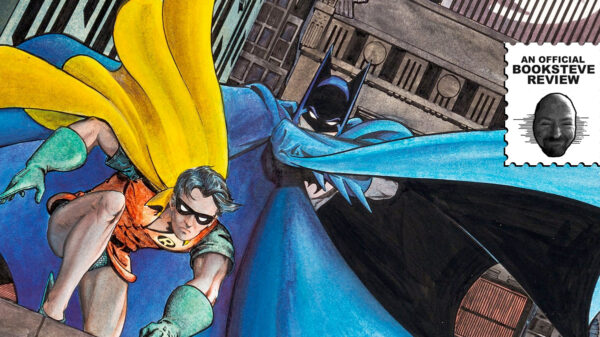
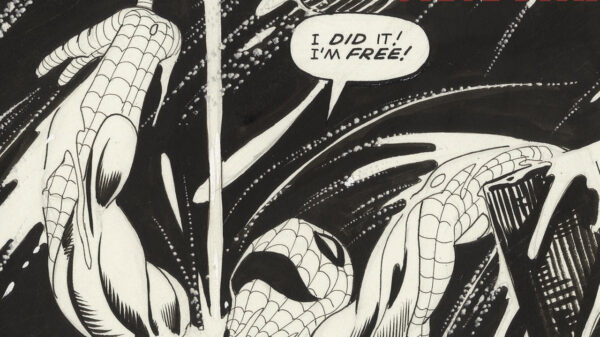
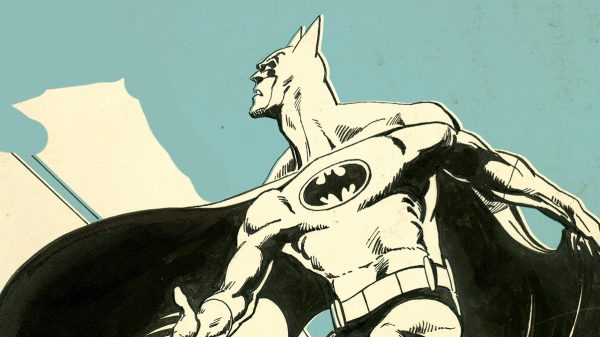

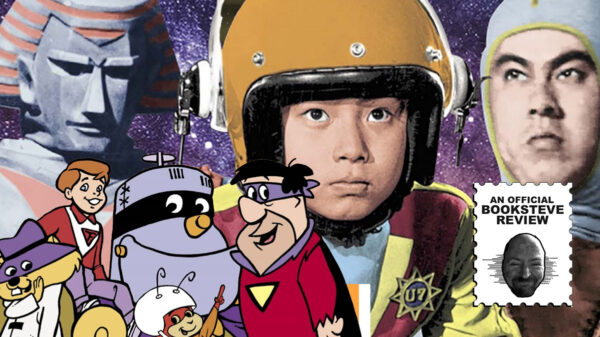

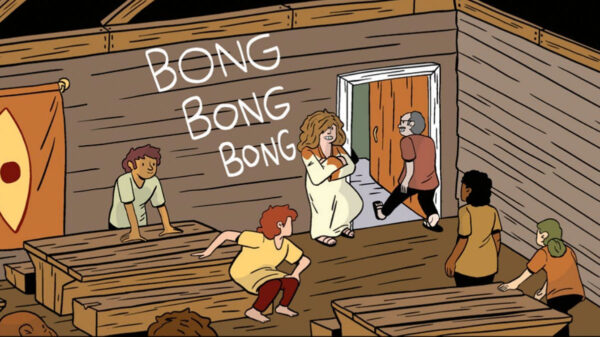
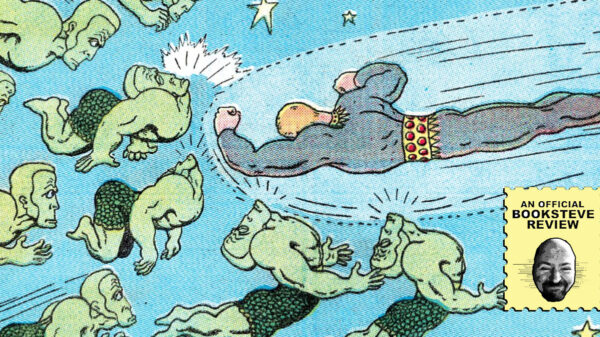
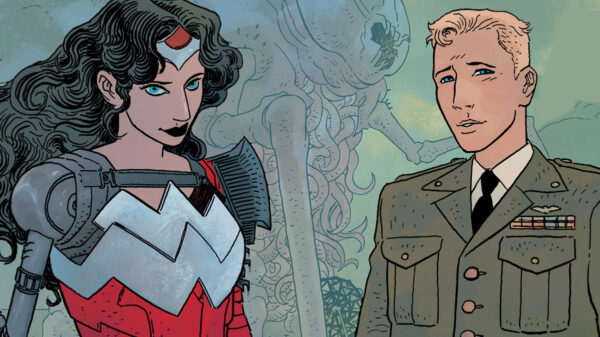











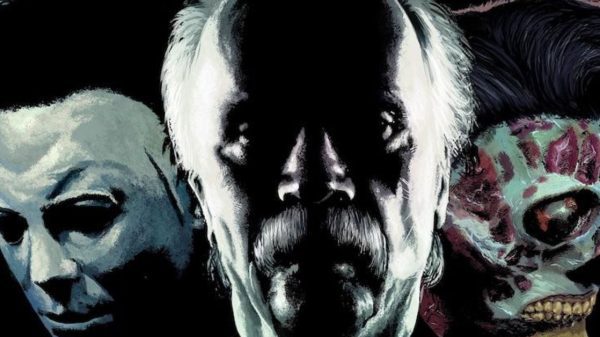
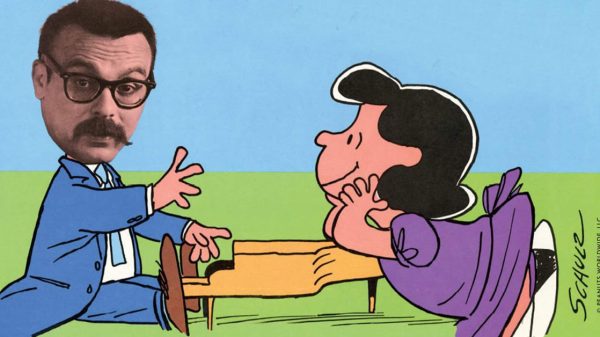
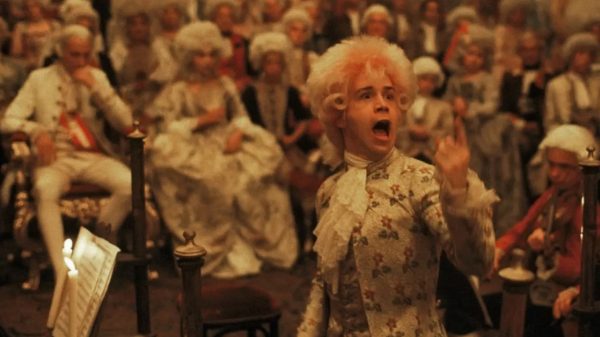












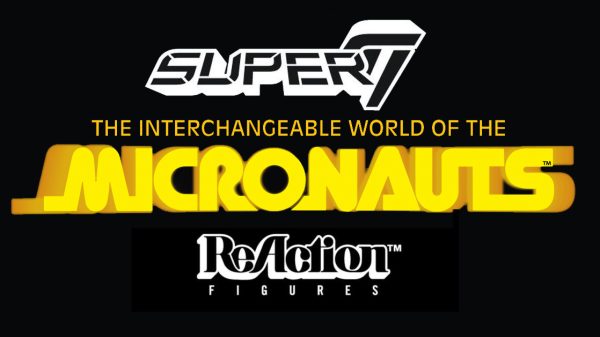
















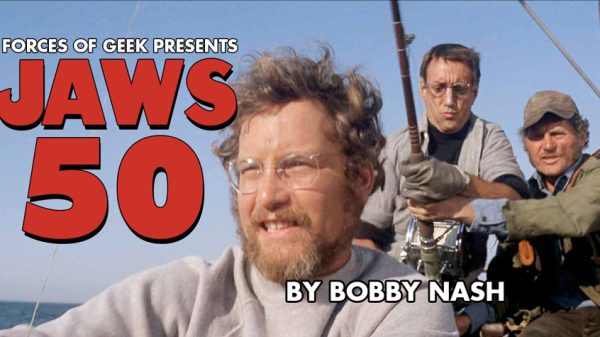









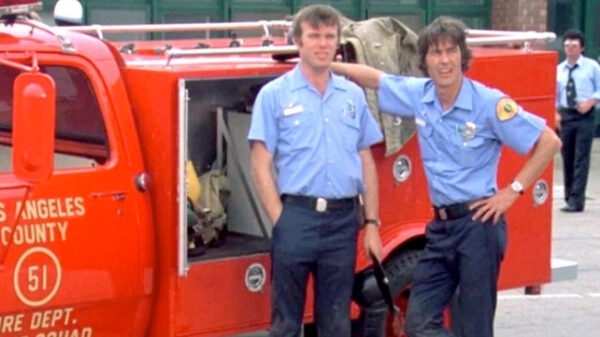
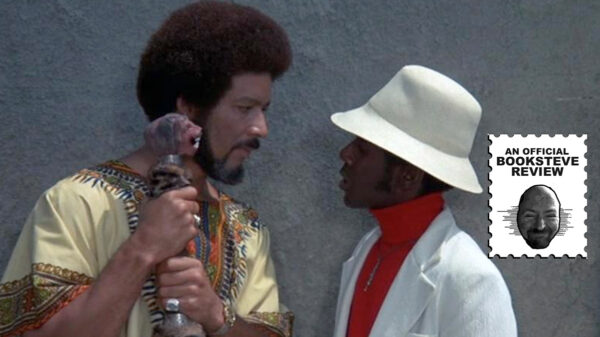





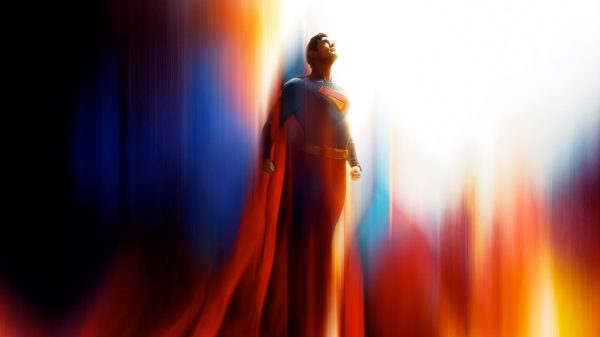





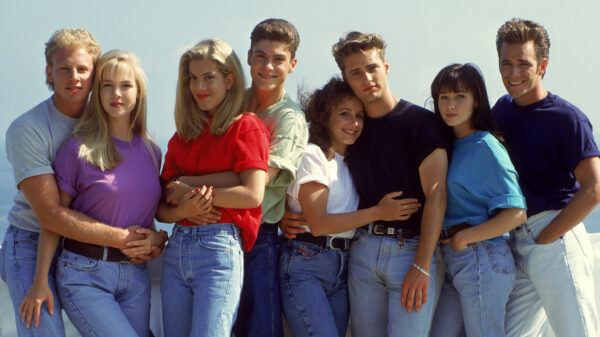

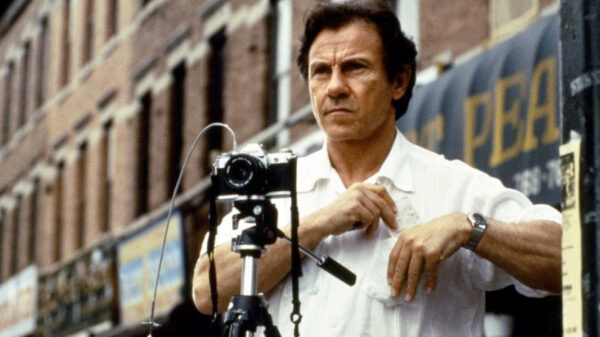
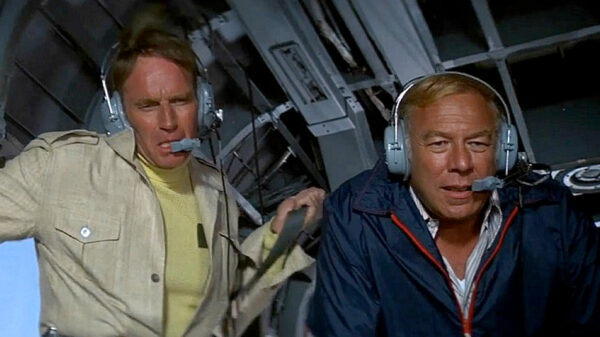




You must be logged in to post a comment Login